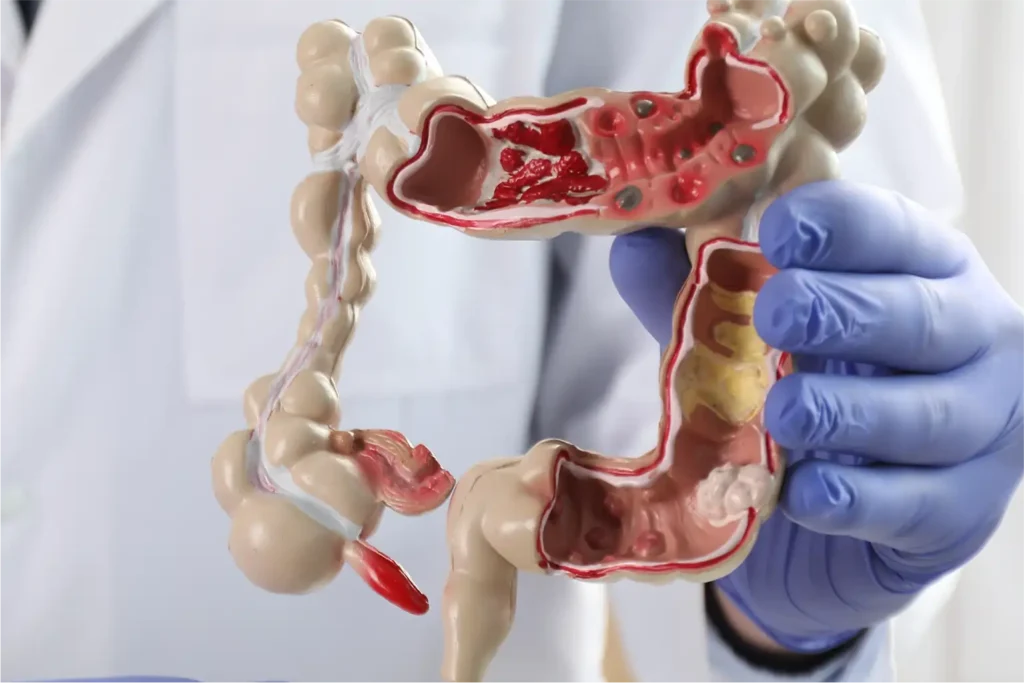
Colorectal cancer cases: A new research has revealed a steep rise in colorectal cancer rates among younger adults in the US in the years leading up to and during the early phase of the COVID-19 pandemic. According to the American Cancer Society, the number of cases among adults under 55 surged dramatically, with a 50% relative increase in diagnoses between 2021 and 2022 alone.
Published in JAMA Network, the study attributes the spike in part to a major change in screening recommendations. In 2021, health authorities lowered the recommended screening age from 50 to 45 in response to rising early-onset cases. While the shift was intended to promote earlier detection, researchers believe it may have also contributed to the noticeable rise in recorded cases, as more asymptomatic cancers were picked up during first-time screenings.
Also Read | Early screening for colorectal cancer can save lives, study suggests
“This trend contrasts with what we previously saw in this age group,” researchers noted, pointing out that earlier diagnoses were often at distant, advanced stages. The increased screening appears to have caught cancers that otherwise might have gone unnoticed until later.
Colorectal cancer remains the third leading cause of cancer-related deaths in the United States. Despite its severity, screening rates are still low, nearly 25% of adults aged 50 to 75 have never been screened, according to US Preventive Services Task Force member Martha Kubik. Screening, often done via colonoscopy, remains one of the most effective tools for early detection and successful treatment.
Data from the Colorectal Cancer Alliance shows 53,010 deaths were attributed to colorectal cancer in 2022, with that number only slightly decreasing in 2023. This year, over 154,000 new cases are projected, nearly 2,000 more than the previous year. The trend is part of a broader, long-term increase: since the mid-1990s, colorectal cancer rates among adults aged 20 to 39 have climbed by about 2% annually.
Health experts are still exploring possible causes behind the early-onset trend. Poor nutrition, sedentary lifestyles, and changes in gut microbiota, possibly involving toxins, have all been proposed, but a clear cause has yet to be confirmed.
Dr. Rachel Issaka, a gastroenterologist at UW Medicine, said the lowered screening age may have helped capture cases earlier, but warned of the bigger picture. “We really need to have people understand that colorectal cancer isn’t an old people’s disease anymore,” she said.
The American Cancer Society predicts that by 2030, colorectal cancer will become the leading cause of cancer-related death among Americans under 50.








